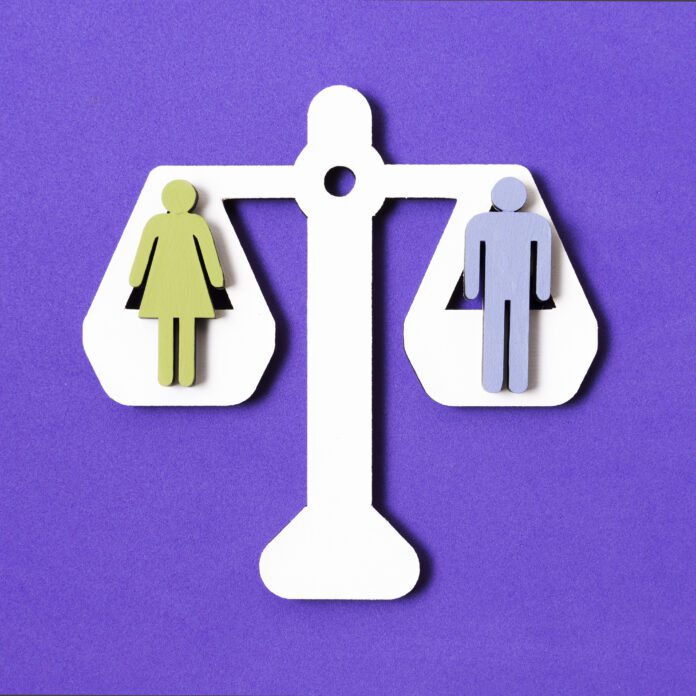The origins of gender biases in folklore and mythology can be traced back to patriarchal societies where men held positions of power and authority. In many ancient cultures, myths and folktales were constructed around male deities and heroes, reinforcing the idea of male superiority. The narratives frequently depicted men as strong, heroic, and intelligent, while women were often relegated to supporting roles or portrayed as passive and submissive.

Patriarchal societies and male-centric narratives have often been reflected in folk proverbs, perpetuating traditional gender roles and emphasizing male dominance. Here are some proverbs that exemplify this aspect:
1: The husband is the head of the household, and the wife is the neck that turns the head: This proverb illustrates the hierarchical structure of patriarchal societies, where men are considered the leaders, and women’s influence is portrayed as indirect, merely guiding the decisions made by men.
2: A son is a son until he takes a wife, but a daughter is a daughter all her life:
This proverb implies that a daughter’s loyalty is perpetual, while a son’s allegiance shifts upon marriage, reinforcing the idea that women are expected to remain within the family unit.
3: A man’s house is his castle:
This proverb underscores male ownership and control of domestic space, emphasizing the traditional role of men as household leaders and decision-makers.
4: A man’s word is law:
This proverb reinforces the notion of male authority and suggests that men’s opinions and decisions should be unquestioningly accepted within the family and society.
5: Like father, like son:
This saying implies that sons are expected to emulate their fathers, inheriting their roles and responsibilities, perpetuating a male-centric narrative of familial succession.
6: A woman’s work is never done:
This proverb suggests that women are responsible for an unending workload, highlighting the expectations placed on them to manage domestic affairs while downplaying men’s contributions.
6: He wears the pants in the family:
This expression implies that men hold the dominant position in a relationship or household, reflecting the patriarchal belief in male authority.
7: Boys will be boys:
This proverb often excuses male behavior by implying that certain behaviors are inherent to males, reinforcing traditional gender roles and expectations.
8: Behind every great man, there’s a great woman:
While it may appear to acknowledge women’s contributions, this proverb still places men in the forefront, suggesting that women primarily support men’s achievements rather than being recognized for their own.
9: Man of the house:
This phrase designates the male as the primary decision-maker and provider within the household, emphasizing his central role in family life.
These proverbs reflect the historical dominance of patriarchal societies and the reinforcement of male-centric narratives. However, it’s important to recognize that attitudes toward gender roles have evolved, and many people now challenge and seek to change these traditional beliefs, striving for more equitable and inclusive societies.
Kindly watch this article on youtube at this link.





